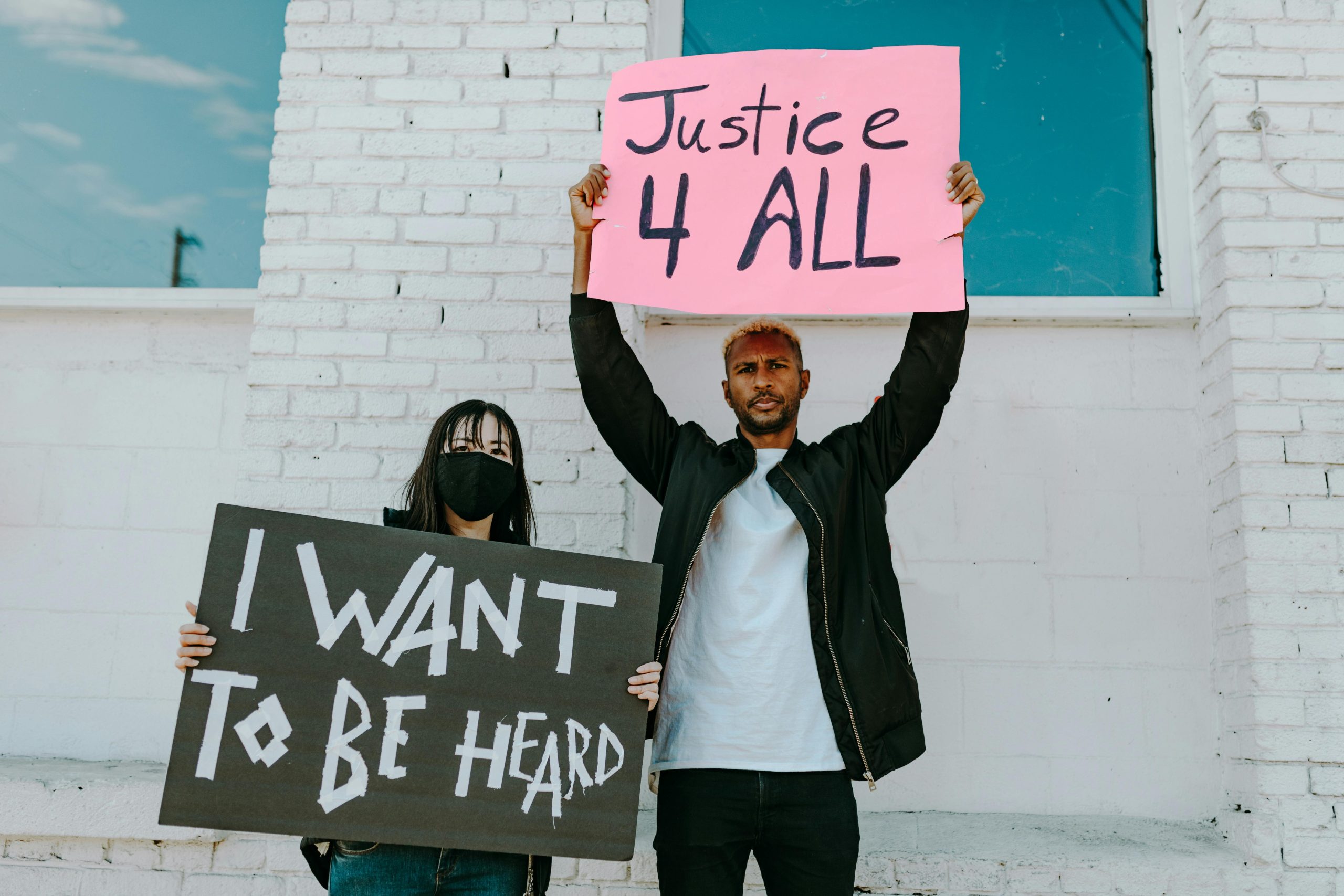Guide to Handling a Rear-End Collision with an Uninsured Driver: Legal and Insurance Considerations
Facing a car accident with an uninsured and unlicensed driver can be a daunting situation. If you find yourself rear-ended by someone lacking proper registration and insurance, understanding your rights and appropriate steps is crucial to safeguarding your interests and ensuring a smooth resolution.
Scenario Overview
Recently, I was involved in a minor rear-end collision when a driver without a valid license, registration, or insurance hit my vehicle. The incident occurred on a Saturday, resulting in a scratched rear bumper but no significant damage. The other driver expressed a preference to resolve the matter privately, bypassing insurance claims.
What I Have
- A video recording capturing the incident, including the vehicle’s license plate, along with images of the damage
- Photos documenting the vehicle damage
- The driver’s phone number and photo ID of the passenger
Current Limitations
At present, local body shops are closed, so I am unable to obtain an official repair quote. My insurance provider is GEICO, and I have collision coverage included in my policy.
Key Questions and Guidance
- Claim Submission Deadlines and Private Settlement Timing
Typically, insurance policies specify timeframes for reporting claims—often within a set number of days from the date of the incident. To avoid potential complications, contact GEICO promptly, ideally today, to inform them about the incident. Clarify that you are investigating a private settlement and ask whether reporting the accident now will impact your claim deadline or premium. Most insurers appreciate transparency and can advise on whether preliminary reporting is advisable before finalizing a settlement.
- Collision Deductible Waiver for Uninsured Drivers
Insurance policies sometimes offer a waiver of the collision deductible when the at-fault driver is uninsured or unidentifiable. Review your policy documents or speak directly with your GEICO representative to determine if this benefit applies in your case. Providing evidence that the other driver was uninsured—such as photos, videos, and contact information—can support your claim for a deductible waiver.
- Impact on Insurance Premiums
Even if you are not at fault, the way your insurer processes the claim can influence your future premiums. Generally, claims are reported to insurers and may be factored into your driving record, but specifics depend on your policy and state regulations. Discuss with GEICO whether this incident will affect your premium and the company’s policy on handling claims involving uninsured drivers. Having detailed documentation strengthens your



